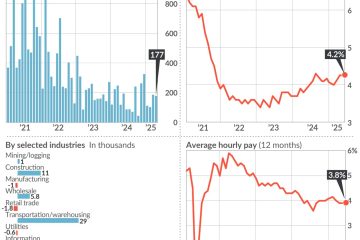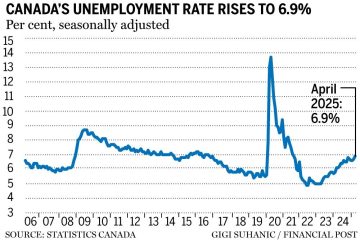Africa’s Largest Exporter of Gold: Current Trends and Insights

Introduction
As global demand for gold continues to rise, Africa’s position in the gold market has gained substantial attention. Being rich in mineral resources, African nations play a pivotal role in gold production, with one country standing out as the continent’s largest exporter. This status not only impacts the local economy but also influences international markets. For investors, policymakers, and environmental advocates, understanding the dynamics surrounding Africa’s largest gold exporter is crucial.
Overview of Gold Production in Africa
According to recent reports from the World Gold Council, Africa accounted for approximately 20% of the world’s total gold production in 2022. Among the continent’s gold-producing countries, Ghana has emerged as the largest exporter. In 2021, Ghana exported nearly 4.5 million ounces of gold, solidifying its reputation as a leading player in the global market. This increase in production is attributed to several factors, including advancements in mining technology, investments from multinational corporations, and improved regulatory frameworks.
Economic Impact
The gold mining sector is a cornerstone of Ghana’s economy, contributing significantly to the country’s GDP and providing employment opportunities for thousands. In 2021, the gold sector contributed about 37% of Ghana’s total export revenue. This economic significance extends beyond mere numbers; it also plays a vital role in community development initiatives and infrastructure improvements nationwide.
Environmental and Social Concerns
Despite the economic benefits, gold mining in Ghana has raised environmental and social concerns. Deforestation, water pollution, and human rights abuses are prominent issues linked to mining activities. The government, alongside various NGOs, is actively working on policies to mitigate these effects while balancing economic growth and sustainability. Recent measures have included stricter regulations on mining practices and increased investment in environmental preservation.
Future Trends and Outlook
Looking ahead, the demand for gold is expected to remain robust, driven by various factors including market volatility and the increasing popularity of gold as a hedge against inflation. Ghana is well-positioned to capitalize on these trends as it continues to explore new mining opportunities and modernize its extraction processes. As investment in this sector surges, stakeholders must prioritize sustainable practices to ensure that the gilt-edged potential of gold mining translates into long-term benefits for the country and its people.
Conclusion
In conclusion, Ghana’s status as Africa’s largest exporter of gold highlights both the opportunities and challenges faced within the sector. As mining operations expand, it is essential to balance economic ambitions with social responsibilities and environmental protections. For investors and policymakers, keeping an eye on this dynamic market will be vital as Ghana continues to redefine its role in the global gold industry.









